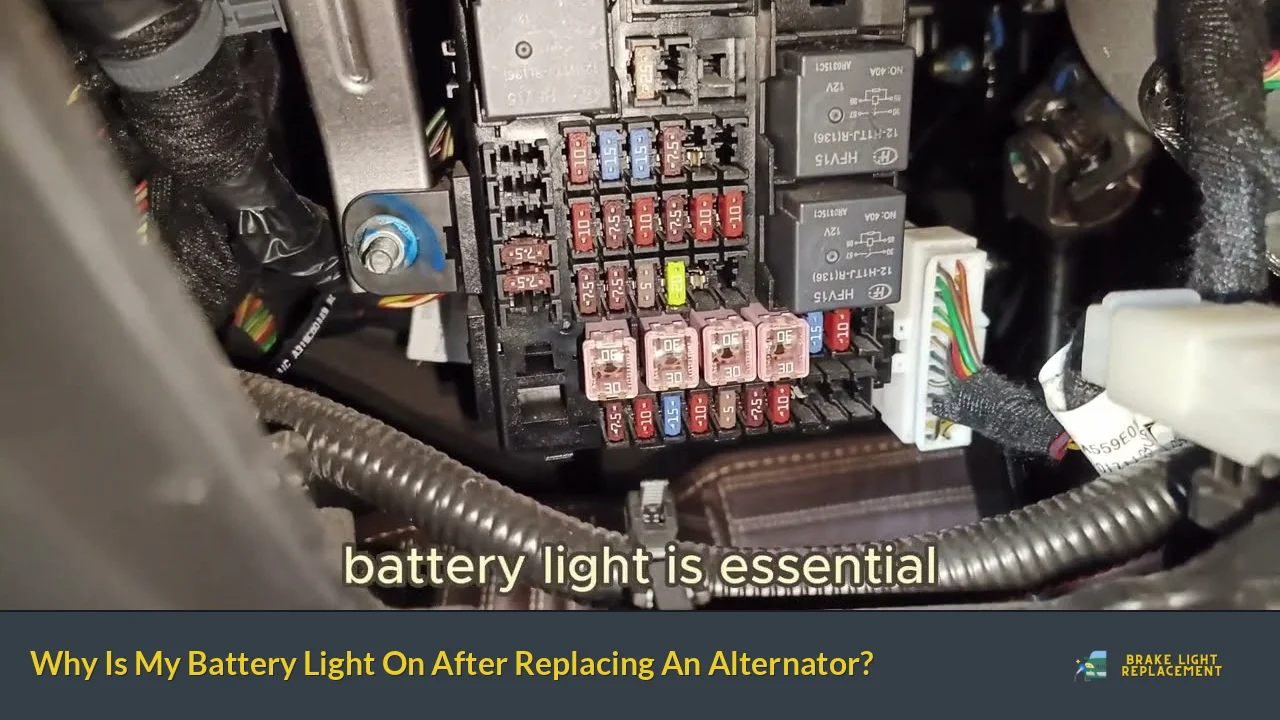Your alternator is an integral component of your car’s electrical system. If it malfunctions, the charge on your battery will drain rapidly.
This can cause a dead battery that needs replacing before it completely fails, so it’s essential to get it checked out right away.
Overcharging
The battery light on your car dashboard is a warning sign that something is wrong with its electrical system. It may illuminate while driving or blink briefly after you stop for some reason.
If the battery light is on while your car is running, it could be indicative of an alternator overcharging issue. This is not desirable as it could damage both the battery and fuses.
To determine if your alternator is overcharging, use a multimeter to check the battery voltage. It should range between 14.2 and 14.7 volts without load and 12.7 and 13.8 volts when under load.
The battery is an essential element of your vehicle and should be checked regularly to guarantee its proper function. If the battery has been overcharged, you will notice swelling around its top and sides – this indicates that it may have reached its limit and needs replacing.
💥See also: Why a Brake Light Bulb Replacement is Important for Your 2016 Nissan Rogue
Bad connections
An alternator provides electricity to run all of your car’s electronics while you drive. Without it, your vehicle would cease to function.
When you turn the key for your car, it engages several gears to start and sends current back to charge the battery as you move along. Your alternator serves as the heart of your vehicle’s power system, so it’s essential that it be replaced regularly.
When replacing an alternator, there are a few steps you can take to guarantee its proper operation.
First, check the battery and its fuses for damage. If they appear to be fine, then there could be an issue with either the alternator itself or its wiring connections. You may even have to reconnect some of the wires that were previously disconnected.
Overheating
When your alternator is working properly, it can generate enough electricity to recharge the battery. Unfortunately, if not, however, your battery may begin to drain over time.
If your battery is overheating, you may notice steam coming from your hood or that your temperature gauge is rising. Additionally, you may find that your car won’t start as quickly or that the engine stalls when accelerating.
It is essential to address this problem before it causes major harm to your vehicle.
One of the most common signs of a malfunctioning alternator is an irregular sounding motor. This could be due to several causes, including cracks in or wear on the alternator belt.
Leaks
If your BMW is experiencing electrical issues with the dashboard, radio, or security locks, it could be due to a leaking alternator seal. This seal plays an essential role in keeping oil from escaping into the alternator.
If a leak exists in the alternator, it can cause your battery to drain and your car’s electronics to malfunction. If the battery goes dead, restarting your vehicle will be impossible; therefore, it must be taken to a mechanic for repair.
Leaks can originate from either the seal itself or an o-ring inside the alternator. This part slides into a machined bore on top of the alternator for installation.
If you detect a leak in the alternator, it is best to take it to an experienced auto repair shop that specializes in BMW repairs and parts. Doing this will enable you to get the problem fixed promptly and save you money in the long run.
